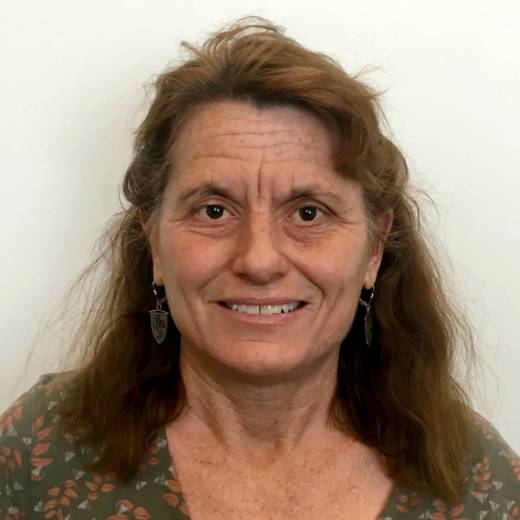When I described our journey to the upcoming solar eclipse's path of totality to my sister, she questioned why we are driving 20 hours round trip and spending two nights in a dusty, crowded Eastern Oregon campground for two minutes of darkness in the middle of the day. It does sound crazy, but I yearn to see what I've studied in textbooks and shone students with Styrofoam balls and flashlights for the last 30 years.
Earth's solar eclipses are unique among the planets and moons of our solar system. The moon is 1/400th of the diameter of the sun, but it is 400 times closer, so it appears to be the same size. I have no doubt that intelligent beings from other planets would delight in seeing one celestial body completely covering the other in Earth's sky. Astronomers calculate that the moon will cover the sun at 10:22 AM Pacific time on August 21st in the town of John Day, Oregon. Unlike the scientific predictions related to human emissions causing climate change or cigarette smoking causing cancer, everyone accepts eclipse forecasts.
At totality, the brightest stars and planets will be revealed. It will not be a mid-day glimpse of the summer's constellations, which come into view when my side of the Earth rotates away from the sun. Instead, the blocking moon will reveal the stars behind the sun, which we normally see in winter. I hope to see Orion's Belt in the middle of the day, while I am wearing a tank top and shorts. I want to feel how the air changes when the sun disappears. I want to see how wildlife responds to the unexpected darkness. Afterward, will the birds start singing like it is dawn again? Will I feel the same gratitude for sunlight as I do after spending time in a dark cave?
I intellectually know how the Earth and Moon circle around the Sun and each other, but I anticipate that after being immersed in the shadow of the moon, I will feel more nested in the smoothly rotating and revolving solar system, and I hope I will worry less about the erratic jolts of human society. It will be worth the drive.
With a Perspective, I am Beth Touchette
